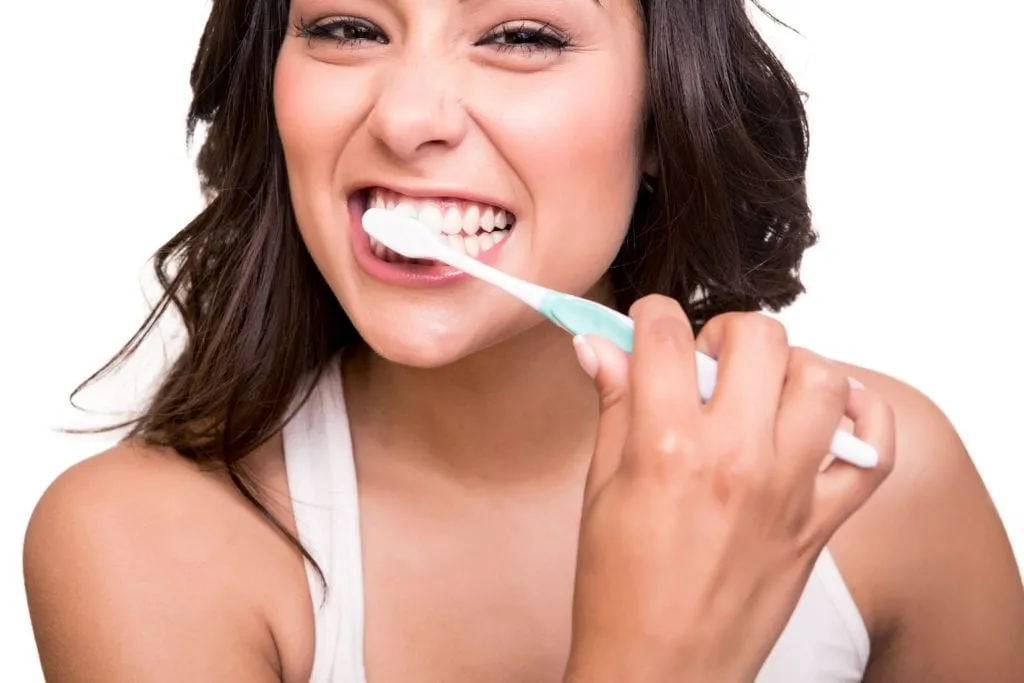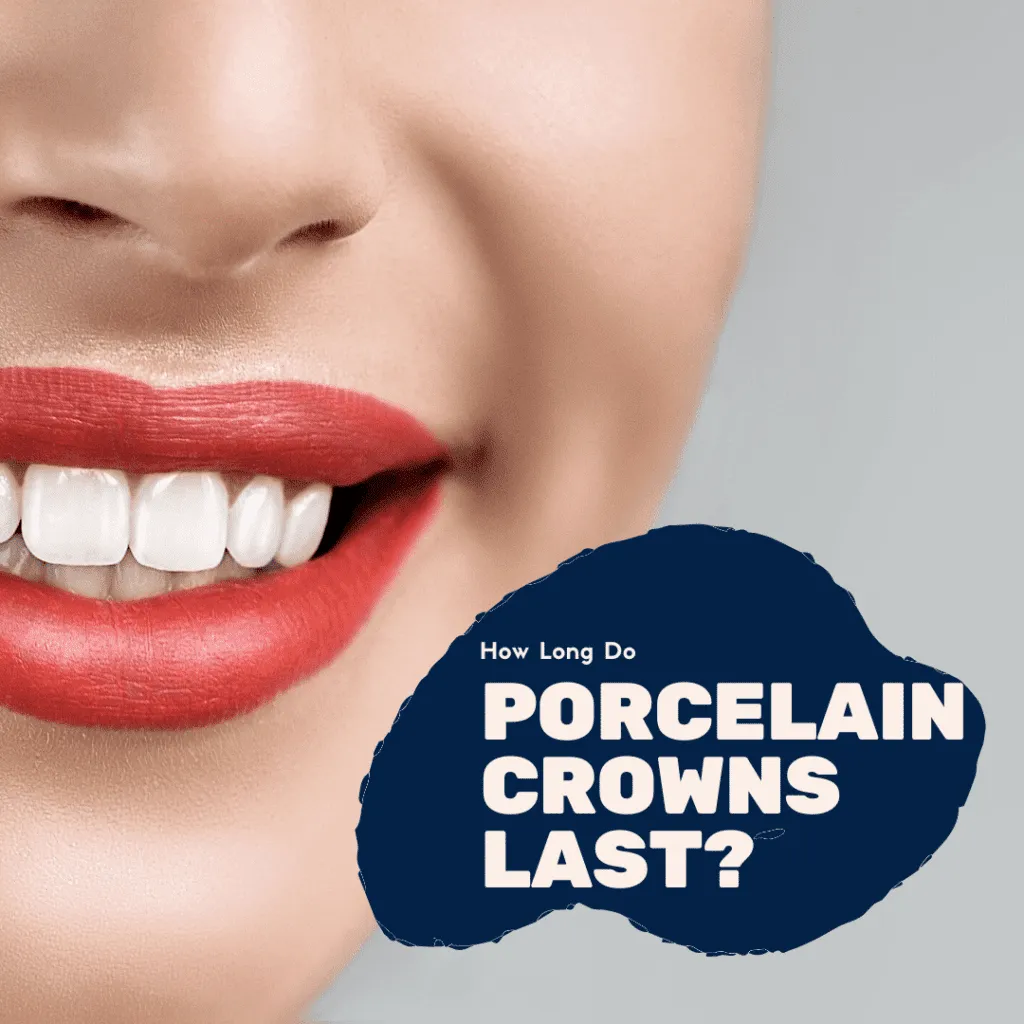Nowadays, restoring a damaged, decayed, or discolored tooth is as easy as placing a dental crown on top. Dental crowns are tooth-shaped caps that encapsulate the entire tooth. Once the decayed tissue is removed, crowns help to prevent future decay and protect the tooth from damage. Not only that, but cosmetic crowns enhance the tooth’s appearance by improving its color, size, shape, and alignment.
For these reasons, dental crowns are a popular option for both restorative and cosmetic dental treatments. Depending on the treatment goals, there are various materials dental crowns can be made out of. One commonly used material for cosmetic crowns is porcelain. Porcelain crowns are the only type of dental crown that mimics the translucent appearance of natural teeth.
In addition to its natural, aesthetic appearance, porcelain crowns offer a lifespan comparable to other dental crown options. Porcelain crowns can last anywhere between 5-15 years, although most tend to last about 10-15 years. As you may have noticed, this is a broad range. This is because a large part of how long a porcelain crown will last depends on the individual.
As a general rule, porcelain crowns that are properly cared for tend to last longer and may even reach the 15 year mark, while those who are not cared for as well may fail around 5 years. So, how do you care for your porcelain crown so that it lasts as long as possible? Here are a few things that can affect the lifespan of a porcelain crown:
Oral Hygiene Habits

Having a dental crown placed does not automatically mean it no longer needs to be brushed or flossed. On the contrary, regular dental care is just as essential as always. Even though crowns reduce the chances of that specific tooth becoming decayed again, it is still possible for bacteria to get under the crown, especially if there is a large bacterial population. Regular brushing and flossing ensure that the bacterial populations in your mouth are managed to prevent future decay.
Diet
Your diet can also affect the lifespan of your crown. Although porcelain is highly durable, it is still vulnerable to becoming cracked or chipped. Biting down or chewing on foods that are excessively hard can easily cause your crown to become damaged, especially if this is a frequent occurrence. For this reason, it is recommended to avoid chewing on hard candies, ice, nuts, and anything else that has a similar consistency.
Behavioral Habits
Parafunctional behaviors are behaviors performed by teeth that are outside of their normal function. Some examples of this include grinding, clenching, and using your teeth to open packages. All these behaviors apply force to your teeth in a way that can cause them to become damaged. Since porcelain is not indestructible, these behaviors can also cause your crown to chip or crack.
As you can see, there are a few key factors that can determine how long your porcelain crown lasts. Although they have the potential to last for up to 15 years, the lifespan of a porcelain crown will ultimately depend on how well cared for it is. Therefore, to get the most out of your crown, be sure to maintain good oral hygiene, avoid hard foods, and address parafunctional behaviors with your dentist.

Dr. Sachdeva Pushpa is a Nairobi dentist who is constantly upgrading her skills by attending hands-on courses internationally. This allows her to provide her patients with the latest dental techniques and technology. In addition to restorative dental treatments, she works to improve the surrounding soft tissues through lip augmentation, reduction of peri-oral lines, narrowing of square jaws, Fillers and Facial Thread lifting. She also uses Botox to reduce the occurrence of Bruxism and to reduce “gummy smiles”.




